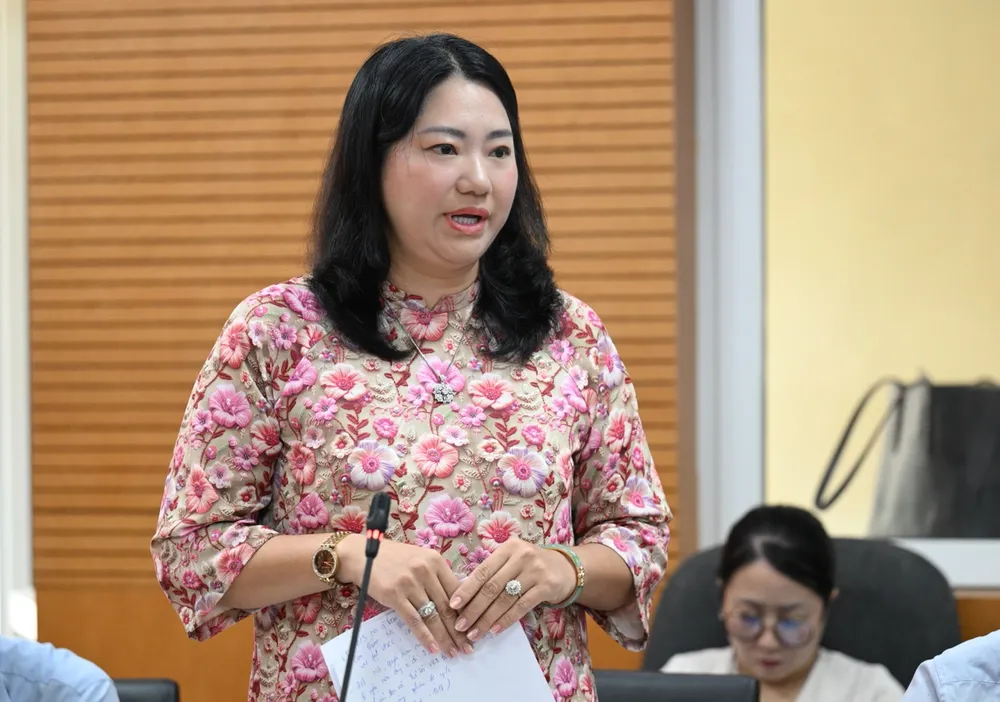
Many important new points in the draft Law on Civil Judgment Enforcement (THADS - amended) 2025 were discussed at a workshop on July 4, organized by Democracy and Law Magazine ( Ministry of Justice ). The draft law consists of 5 chapters, 98 articles; amending 66 articles, adding 13 articles and abolishing 44 articles, 33 clauses/points of the current law.
At the workshop, opinions were highly unanimous with the regulations on amending procedures and processes in the direction of shortening time, reducing costs, improving quality and efficiency of civil judgment enforcement, considering this an inevitable trend, meeting the requirements of practice and the spirit of judicial reform.
However, lawyer Le Hong Nguyen, former senior prosecutor of the High People's Procuracy in Ho Chi Minh City, proposed to shorten the statute of limitations for requesting execution of judgments, because the 5-year period as drafted (option 1) is still too long, easily leading to asset fluctuations, causing difficulties in execution of judgments.
Lawyer Le Hong Nguyen also proposed to remove the regulation requiring the person requesting enforcement to submit the judgment or decision, because the enforcement agency has received the judgment from the court.
Regarding cases that cannot be enforced, Dr. Nguyen Thanh Thuy, former Deputy Director General of the General Department of Civil Judgments, proposed expanding the conditions for exemption and reduction of state budget revenues for cases that cannot be enforced, in order to reduce the backlog of cases and avoid causing public outrage.
Meanwhile, Ms. Pham Huyen, Deputy Head of the Department of Enforcement of Judgments, Hanoi People's Procuracy, proposed to supplement regulations clearly stipulating the response time of enforcement agencies to the Procuracy when there is a request to provide documents or self-check records, specifically within 30 days in accordance with the Law on Organization of the People's Procuracy.

According to this delegate, it is necessary to explain what the term "civil enforcement agency" is and who is "the person assigned to organize the enforcement" to ensure popularization and ease of understanding for the people.
Another issue that has received many comments is the socialization of THADS activities. The draft law stipulates changing the name of the bailiff office to THADS office and the bailiff to executor.
However, according to Ms. Pham Huyen, the powers of an executor are almost no different from those of a bailiff, except for some tasks that cannot be performed. It is necessary to add provisions clearly stipulating the principles and professional ethics of bailiffs, as well as things that bailiffs cannot do, similar to the regulations for bailiffs.
"The bailiff is allowed to apply measures to ensure the execution of judgments and enforce judgments, and seize assets. So who will decide for the bailiffs to carry out this task, especially when this organization is just a private enterprise? It is necessary to carefully consider the assignment of state power to a private organization; at the same time, there must be clear sanctions for the head of the civil judgment enforcement office, who is fully responsible for the professional activities of the bailiffs, to avoid violations without a basis for handling," Ms. Huyen suggested.
Source: https://www.sggp.org.vn/can-nhac-ky-luong-ve-viec-trao-quyen-nang-nha-nuoc-cho-mot-to-chuc-tu-nhan-post802496.html














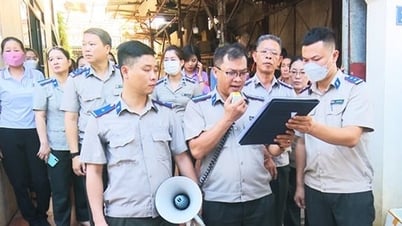


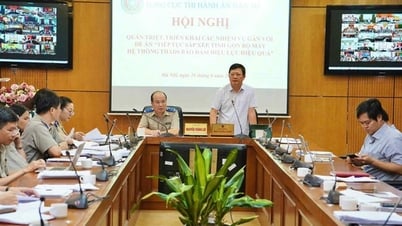
















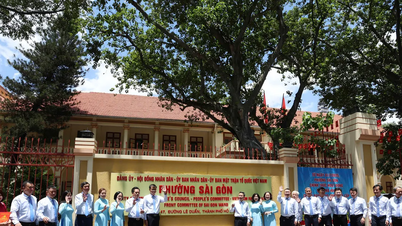


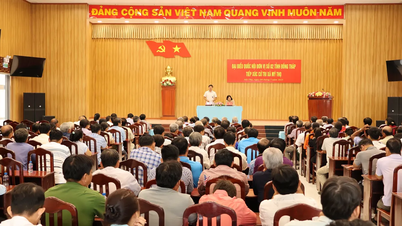




















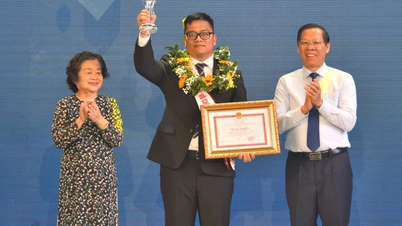









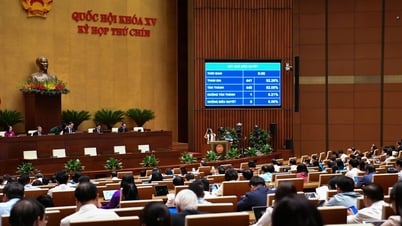
























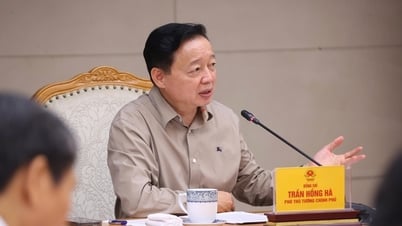
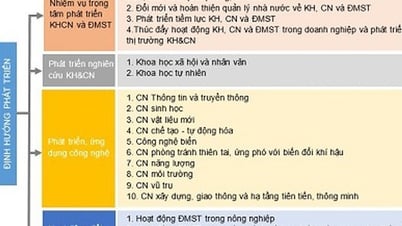









Comment (0)